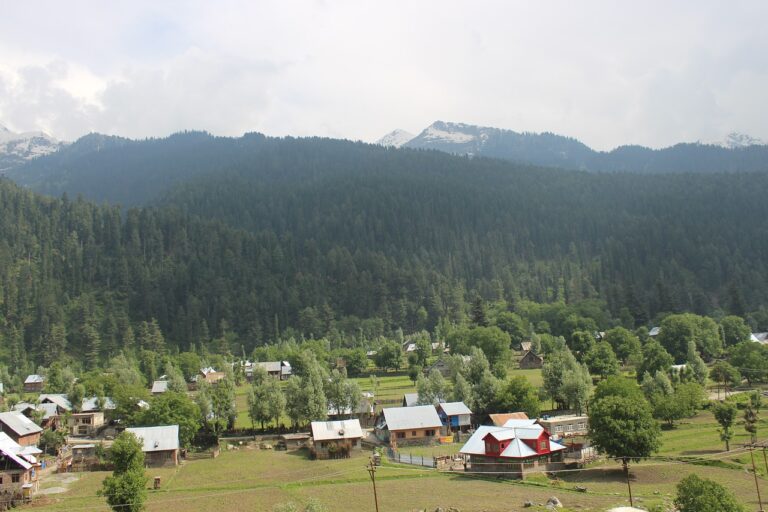Media Training for Addressing Technology Policy: Cricket bet 999 login, 11x play online, Betbhai9 register
cricket bet 999 login, 11x play online, betbhai9 register: In today’s fast-paced world, political transparency is more important than ever. Citizens want to know what their elected officials are doing and how they are representing them. One of the key ways to ensure transparency in politics is through media training.
What is media training?
Media training is a process in which politicians and their staff are taught how to effectively communicate with the media. This includes how to conduct interviews, craft messages, and handle difficult questions. Media training helps politicians present themselves in the best possible light and communicate their policies and ideas clearly to the public.
Why is media training important for political transparency?
1. Builds trust: Media training helps politicians communicate openly and honestly with the public. When politicians are able to effectively communicate their ideas and policies, citizens are more likely to trust them and believe in their ability to lead.
2. Avoids miscommunication: Without proper media training, politicians may struggle to communicate their message clearly. This can lead to misunderstandings and misinterpretations of their policies and actions. Media training helps politicians avoid miscommunication and ensures that their message is accurately conveyed to the public.
3. Increases accountability: Media training encourages politicians to be open and transparent in their communication. By being accountable for their actions and decisions, politicians can build trust with the public and show that they are committed to serving their constituents.
4. Enhances credibility: When politicians are media-trained, they are better equipped to handle tough questions and challenging interviews. This can enhance their credibility and show the public that they are knowledgeable and capable leaders.
5. Promotes public engagement: Effective communication is key to engaging with the public. Media training helps politicians communicate their ideas in a way that resonates with citizens and encourages them to participate in the political process.
6. Fosters a culture of transparency: Media training promotes a culture of transparency within the political sphere. By encouraging open and honest communication, politicians can build trust with the public and show that they are dedicated to serving the best interests of their constituents.
In conclusion, media training plays a crucial role in promoting political transparency. By equipping politicians with the skills to effectively communicate with the media and the public, media training helps build trust, increase accountability, enhance credibility, promote public engagement, and foster a culture of transparency within the political sphere.
FAQs
Q: What are some key elements of media training for politicians?
A: Some key elements of media training for politicians include message development, interview techniques, media relations, crisis communication, and social media management.
Q: How can media training benefit politicians?
A: Media training can benefit politicians by helping them communicate effectively with the media and the public, build trust, increase accountability, enhance credibility, promote public engagement, and foster a culture of transparency.
Q: Is media training only important for high-profile politicians?
A: No, media training is important for politicians at all levels of government. Whether you are a local council member or a national leader, media training can help you communicate your message effectively and engage with the public in a transparent manner.
Q: How often should politicians undergo media training?
A: Politicians should undergo media training regularly to stay up-to-date on best practices and trends in communication. It is recommended that politicians undergo media training at least once a year to ensure that they are equipped to handle any media situation that may arise.







